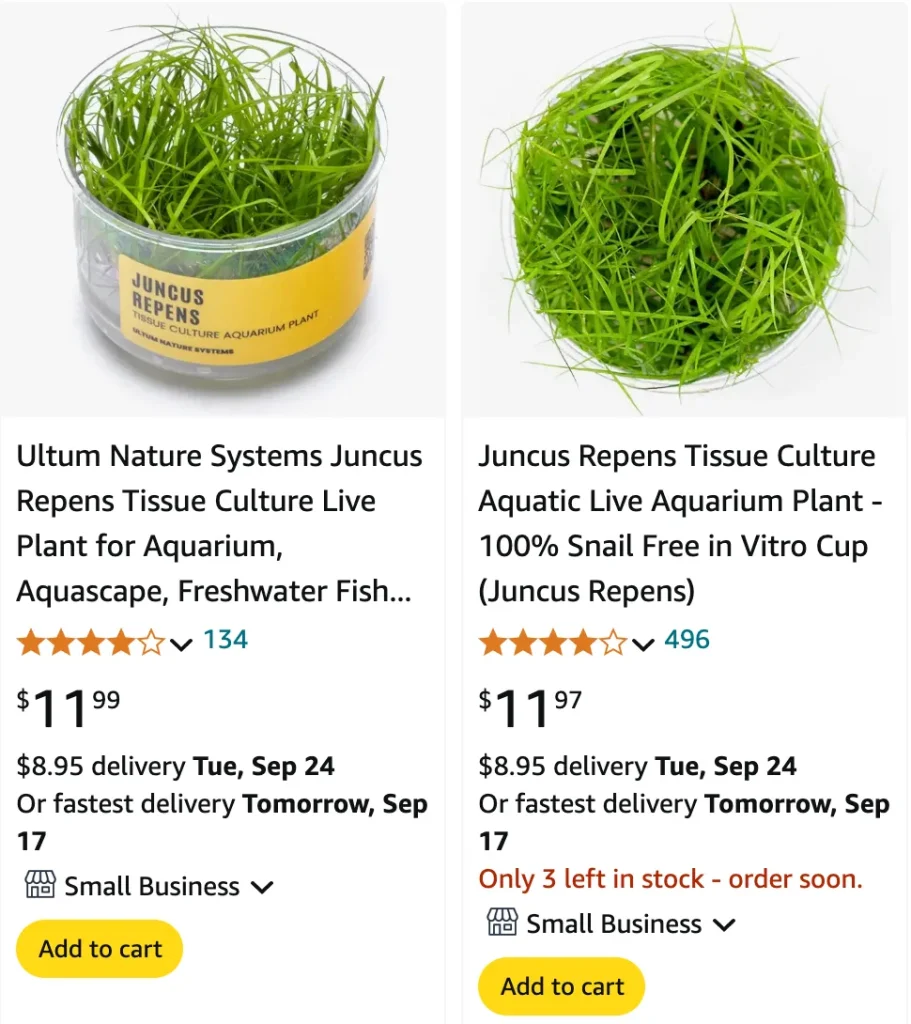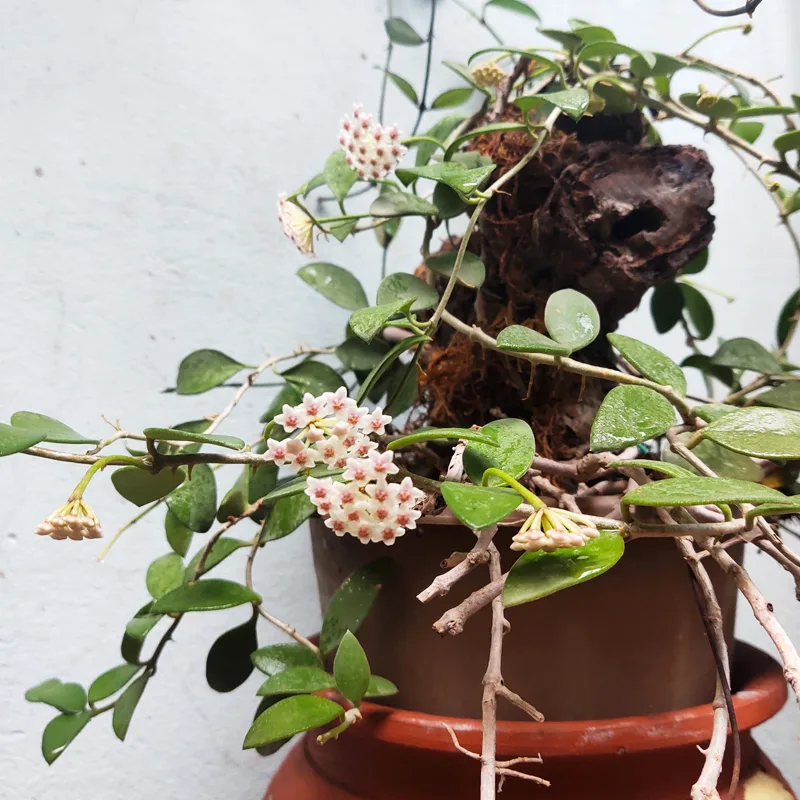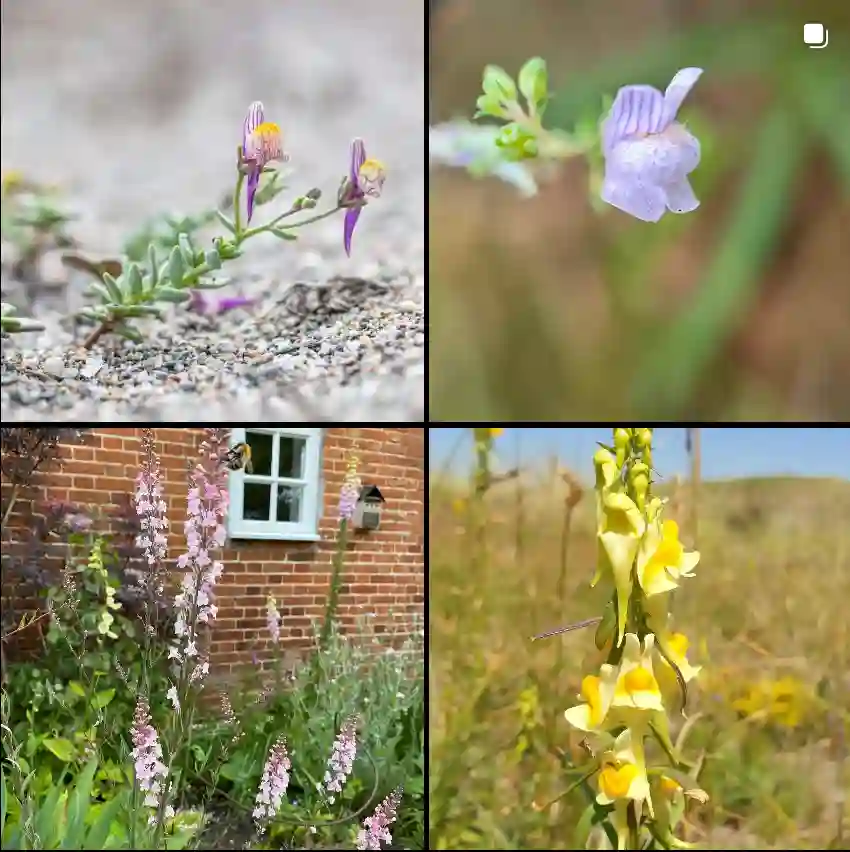
FAQs About Juncus Repens
If you’re considering adding Juncus Repens to your garden or home, you’re in for a treat. This charming plant, also known as Creeping Rush, is a low-maintenance, versatile choice for a variety of settings. I’ve gathered answers to some frequently asked questions about Juncus Repens to help you get started and keep your plant thriving.
366 Species in Genus Juncus
What Is Juncus Repens?
Juncus Repens, commonly referred to as Creeping Rush, is a perennial plant native to wetlands and marshy areas. It’s known for its dense, grassy foliage and its ability to form a lush, green carpet. This plant is ideal for ground cover or as a feature in wetland gardens. Its compact growth habit and adaptability make it a great choice for both garden and indoor environments.
How to Plant Juncus Repens?
Planting Juncus Repens is straightforward. Here’s how you can get started:
- Choose the Right Location: Juncus Repens thrives in moist, well-drained soil. While it prefers full sun to partial shade, it can adapt to a variety of light conditions.
- Prepare the Soil: Ensure the soil is rich in organic matter. If planting in a garden bed, loosen the soil and mix in compost to improve drainage and fertility.
- Planting: Dig a hole slightly larger than the root ball of your plant. Place the plant in the hole and backfill with soil. Water thoroughly to help settle the soil around the roots.
- Spacing: Space plants about 12 to 18 inches apart to allow for their spreading growth habit.
How to Care for Juncus Repens?
Caring for Juncus Repens is relatively easy. Here’s what you need to know:
- Watering: Keep the soil consistently moist, especially during dry periods. This plant is adapted to wet conditions, so it’s important to avoid letting the soil dry out completely.
- Fertilizing: Feed the plant with a balanced, water-soluble fertilizer once in early spring and again in mid-summer to promote healthy growth.
- Pruning: Trim back any dead or damaged foliage in early spring before new growth starts. This will help keep the plant looking its best and encourage dense growth.
How to Propagate Juncus Repens?
Propagating Juncus Repens is quite simple and can be done through division or from seed:
- Division: In early spring or late summer, dig up a mature plant and divide it into smaller sections, making sure each section has roots. Replant these divisions in their new locations.
- Seed: Although less common, you can start Juncus Repens from seed. Sow seeds in a seed tray filled with moist seed compost, covering lightly. Keep the tray in a warm, bright spot until seedlings emerge.
What to Plant with Juncus Repens?
Juncus Repens pairs well with a variety of other plants, especially those that enjoy similar wet conditions. Consider combining it with:
- Water Lilies: For a harmonious wetland garden.
- Hostas: Their broad leaves complement the fine texture of Juncus Repens.
- Iris: Adds vertical interest and thrives in moist soil.
Can You Grow Juncus Repens Indoors?
Yes, you can grow Juncus Repens indoors, provided it receives enough light. Place it in a bright, sunny spot or under grow lights. Ensure it has a container with drainage holes and maintain high humidity to mimic its natural environment. Keep the soil consistently moist.
Is Juncus Repens Toxic?
No, Juncus Repens is not toxic to humans or pets. It’s a safe choice for family gardens and indoor spaces with animals.
Benefits of Juncus Repens
Juncus Repens offers several benefits:
- Ground Cover: Its dense growth makes it an excellent ground cover plant, reducing soil erosion and crowding out weeds.
- Low Maintenance: Once established, it requires minimal care and is resilient to various environmental conditions.
- Aesthetic Appeal: Adds a unique, lush texture to garden landscapes.
Common Problems with Juncus Repens
While Juncus Repens is relatively trouble-free, it can encounter a few issues:
- Root Rot: In overly wet or poorly drained soil, watch for signs of root rot. Ensure proper drainage to prevent this.
- Pests: Occasionally, pests like aphids may appear. Treat infestations with appropriate insecticidal soap.
Comparing Juncus Repens with Similar Plants
When comparing Juncus Repens with other similar plants, such as Juncus Effusus (Soft Rush) or Carex species, here are some points to consider:
- Growth Habit: Juncus Repens spreads out as a ground cover, while Juncus Effusus grows upright.
- Soil Requirements: Both Juncus Repens and Juncus Effusus prefer moist conditions, but Juncus Repens is more tolerant of drier periods.
- Appearance: Juncus Repens has a finer, denser foliage compared to the broader leaves of some Carex species.
I hope this guide helps you get to know Juncus Repens better and assists you in making the most of this versatile plant. Happy planting!
If i die, water my plants!



